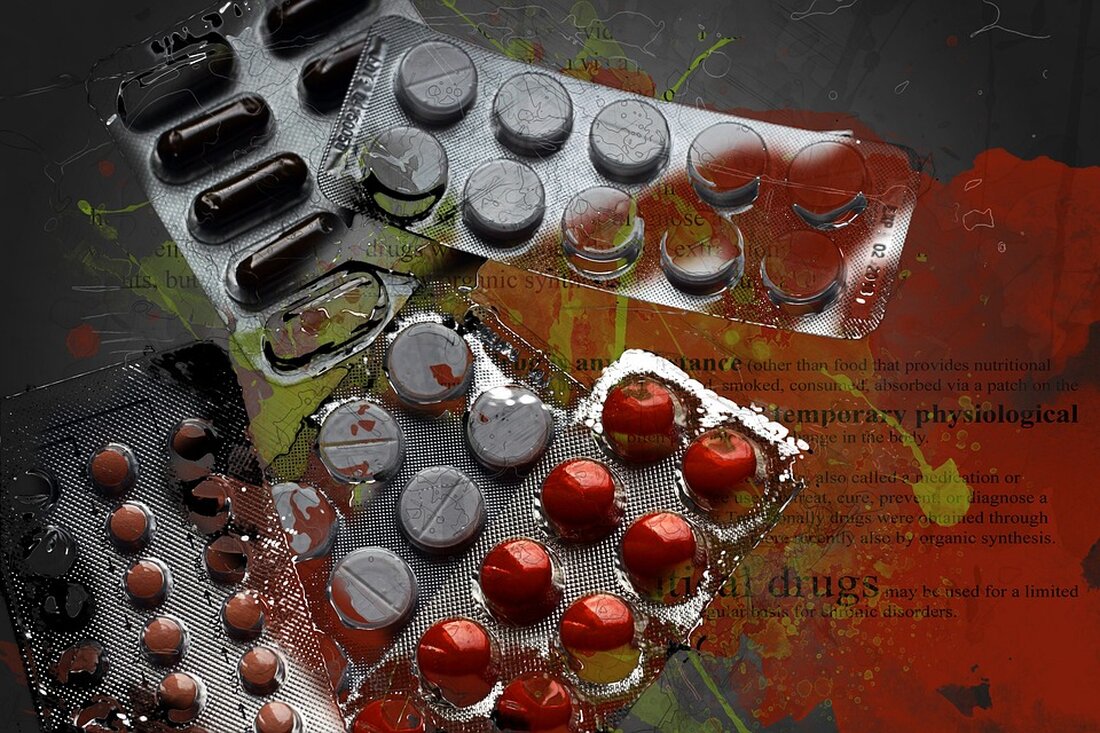Medicine shortage: Patients in Peißenberg fear for their health!
Doctors and pharmacists are warning of dangerous supply bottlenecks for vital medicines - millions of patients are affected.

Medicine shortage: Patients in Peißenberg fear for their health!
Recently there have been increasing reports of massive supply bottlenecks for important medications in Germany. This is particularly clear in pharmacies, where patients are often disappointed in front of empty shelves. The situation is particularly critical with vital medicines such as salbutamol, which is considered a key medication for asthmatics. Dr. Philipp Kircher, pharmacist in Peißenberg and spokesman for the Bavarian Chamber of Pharmacists, expresses his concerns about the current situation and the impact on patient care.
"Salbutamol is currently not available in Germany. We recently received a small delivery from the USA, but that is only a short-term ray of hope," explains Kircher. However, this is not the only problem pharmacists are currently struggling with. Even basic antibiotics are de facto not available in sufficient quantities. Kircher's pharmacy is forced to resort to creative solutions, such as making medicines from tablets, to meet the most urgent needs. “This is not about trivialities, but about basic medicines that are crucial for patients’ lives,” he emphasizes.
Background of the bottlenecks
The causes of these critical bottlenecks are diverse. A key factor is the dependence on production in China, where around 90 percent of the medicines required for the German market are manufactured. “The production conditions there are often more favorable, which attracts many manufacturers,” says Kircher. At the same time, price dumping and pressure from health insurance companies contribute to the problem. Pharmacists report price reductions of up to 99 percent, which means that many medications are only produced in the Far East.
In addition, this dependency carries risks: delivery bottlenecks can quickly arise if difficulties arise in China - be it due to natural disasters, technical problems or even environmental pollution in the factories. Kircher warns: “If there are problems, there will be a complete lack of medication in this country.” Many well-known German pharmaceutical companies are now only responsible for packaging and not for production. The majority of the active ingredients contained in our medicines come from China. Another problem is that some manufacturers no longer want to offer their medications on the German market because the prices here are too low.
“This means that companies prefer to sell their medicines to countries with higher remuneration,” says Kircher, describing the situation. “This system is dilapidated and in urgent need of reform.” Pharmacists are trying to defuse the situation and are looking for alternative sources of supply, but the processes are often lengthy and complicated. Some medications can only be imported under strict conditions, which can take hours of administration. In the current year, 20 million documented delivery bottlenecks have already been registered, according to Kircher.
Political reactions and demands
The reactions from politicians, especially from Health Minister Prof. Karl Lauterbach, are met with incomprehension by Kircher. Lauterbach said that the delivery bottlenecks had apparently been reduced or were not a real problem. Kircher disagrees: "The reality is different. Millions of patients stand in front of the pharmacy every day and cannot find what they need." He calls for more realism in the political discussion about medication supply.
A particularly frustrating aspect for Kircher is the lack of recognition for the medical profession and pharmacists. "We are doing our best with the resources we have. It is time for politicians to finally act and find solutions to these serious problems." He points out that the last European production site for antibiotics and penicillin is located in Austria, which could serve as a positive example for a possible return to European products.
"Dependency on production in China cannot and should not be the only valid option for Germany. We need to concentrate more on our own capacities in Europe," explains Kircher. Calls for reform of the existing system are becoming louder, and pharmacies continue to fight to be able to continue to provide patients with the best possible care, even under the current circumstances.
For more information on this topic, see the current reporting on www.merkur.de.

 Suche
Suche
 Mein Konto
Mein Konto
